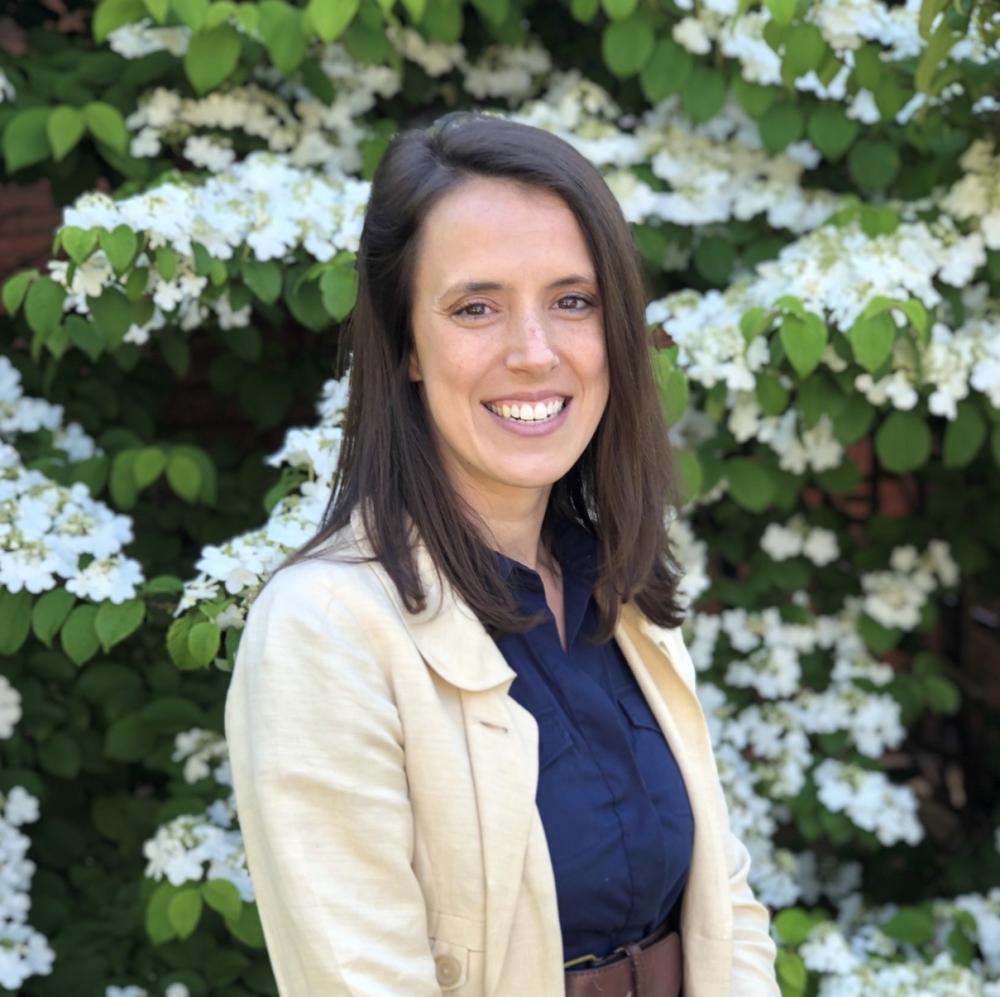
The pandemic, the war in Ukraine, climate change, and the cost-of-living crisis drove food insecurity to unprecedented heights in the U.S. and worldwide. In Texas alone, 1 in 8 people — including almost 1.4 million children — face hunger, according to Feeding America.
In December, the Texas Department of Agriculture submitted a report to the state legislature outlining the factors contributing to food insecurity. It pointed to the climate crisis as the main culprit, with stagnant wages, rising cost of living, and lack of food access in rural areas among other key factors.
The agency recommended several policy changes including delivery options for SNAP (food stamp) benefits used to purchase healthy foods and boosting the state’s farm-to-school program, which incorporates locally-grown produce in school meals and provides nutrition education to K-12 students.
The report also suggests raising the minimum wage. To meet the basic needs of a two-parent, one-child household in Texas, both parents must earn an hourly wage of $17.44 working 40 hours per week. The minimum wage in Texas is only $7.25 per hour.
As the state considers policy changes, agricultural output remains a problem. The agricultural industry in Texas was slammed by extreme droughts and floods over recent years.
Partners look to improve food security in Texas through indoor farming
A new coalition of private- and public-sector organizations plans to bring relief to the state by accelerating agricultural innovations that address barriers to food security. This partnership between Intel, SVG Ventures' Thrive initiative, and Texas A&M’s AgriLife Extension Service seeks to advance hydroponics, vertical farming, aquaponics, and other controlled environment agriculture (CEA) innovations.
SVG Ventures’ Thrive, an agrifood investment platform, brings corporate partners to the table. The Texas A&M University program provides agricultural expertise and outreach to producers. And Intel backs the project with technology development resources.
"It has become increasingly clear that traditional agriculture will be challenged to meet the food demands of the future," John Hartnett, CEO and founder of SVG Ventures’ Thrive initiative, said in a statement. "We are delighted to partner with Intel and Texas A&M to accelerate CEA innovations to drive improvement in food and nutrition security."
CEA, also known as indoor farming, involves growing crops in an environment largely separate from nature. The separation makes agricultural output less dependent on favorable weather patterns, which becomes more important as the climate crisis makes weather more extreme. Growing indoors also allows for decreased pesticide use and nutrient recycling that ensures fertilizers are not leached into local waterways.
There is great potential for CEA to create sustainable food systems that improve food security, but it uses large amounts of electricity. It can be more fossil fuel intensive than traditional agriculture if there is not enough clean energy available to use.
The bottom line: Indoor farming offers real potential, but more work is needed
Though questions about the environmental sustainability of CEA systems remain, indoor farming has food security benefits. The new coalition is mapping the innovation landscape of Texas’ food system, identifying both challenges and opportunities, in order to scale their work and address nutritional needs in the state.
By utilizing the technology, outreach, and financial resources of the coalition, the group is working to create a local food system that feeds Texans and can scale across regions.
Image credit: Mark Stebnicki/Pexels

Mary Riddle is the director of sustainability consulting services for Obata. As a former farmer and farm educator, she is passionate about regenerative agriculture and sustainable food systems. She is currently based in Florence, Italy.














